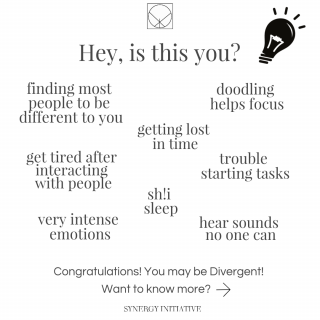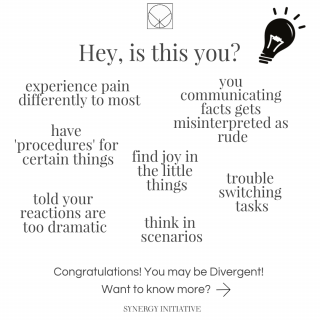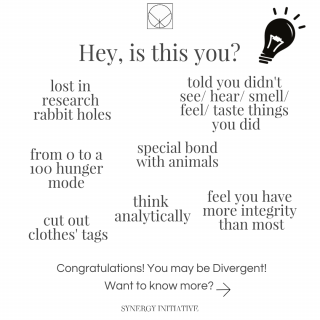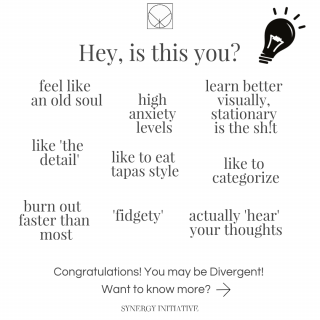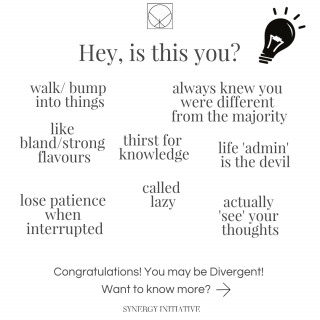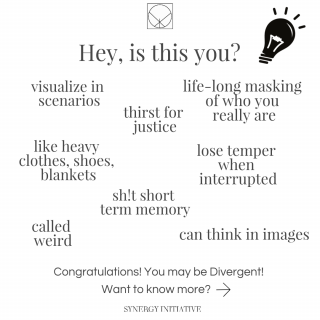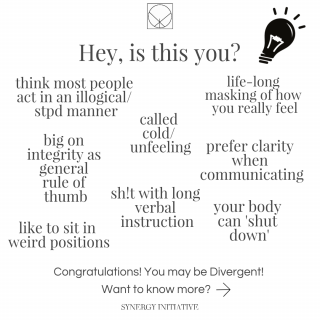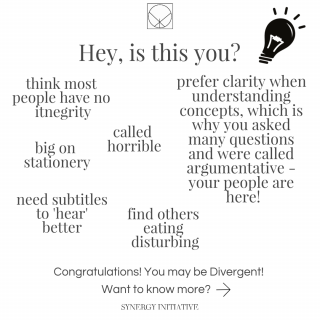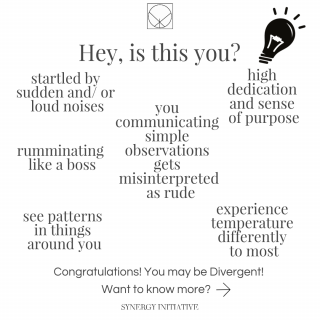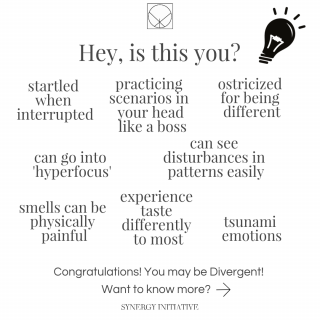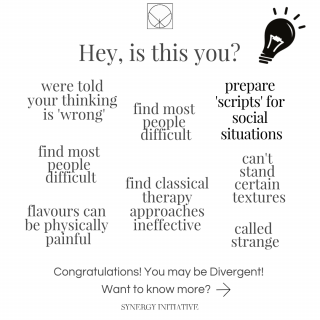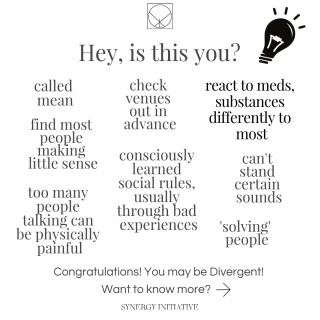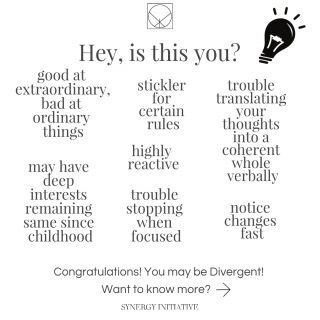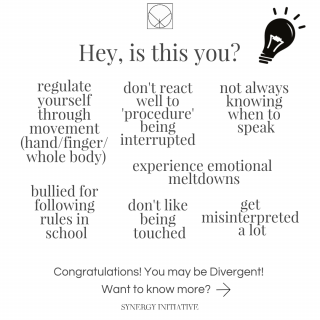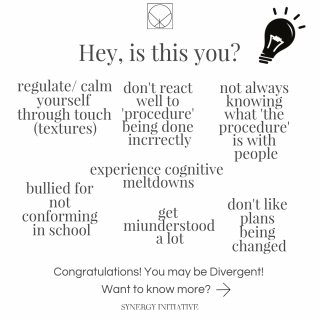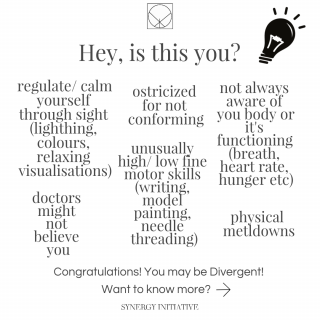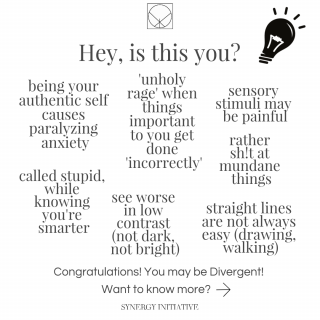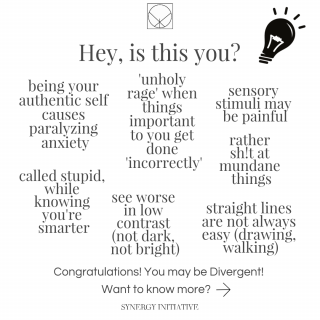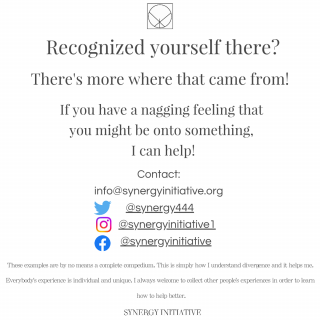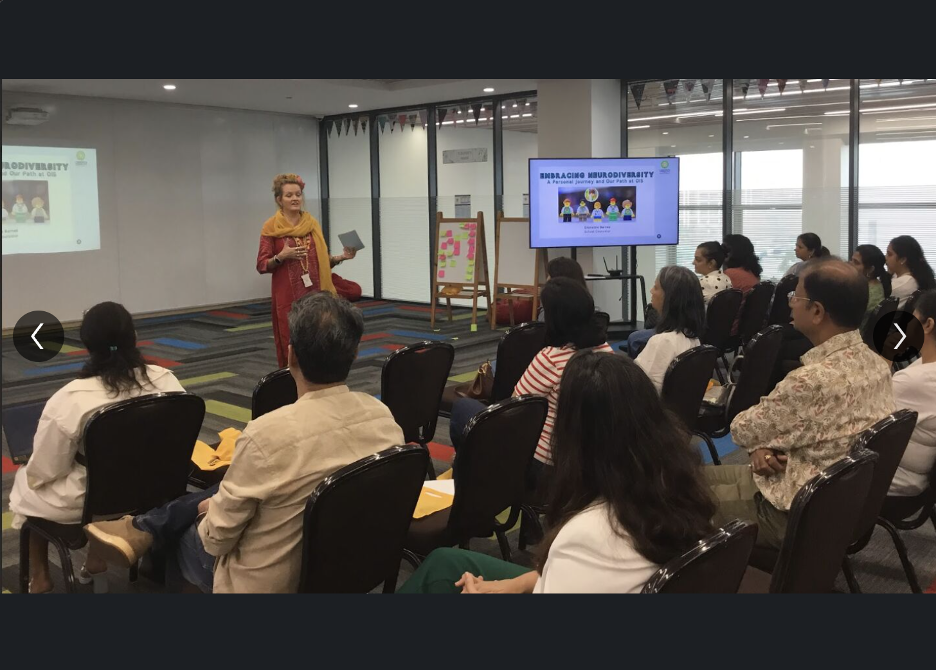The Power of Play: A Play Therapy Lens on Global School Play Day
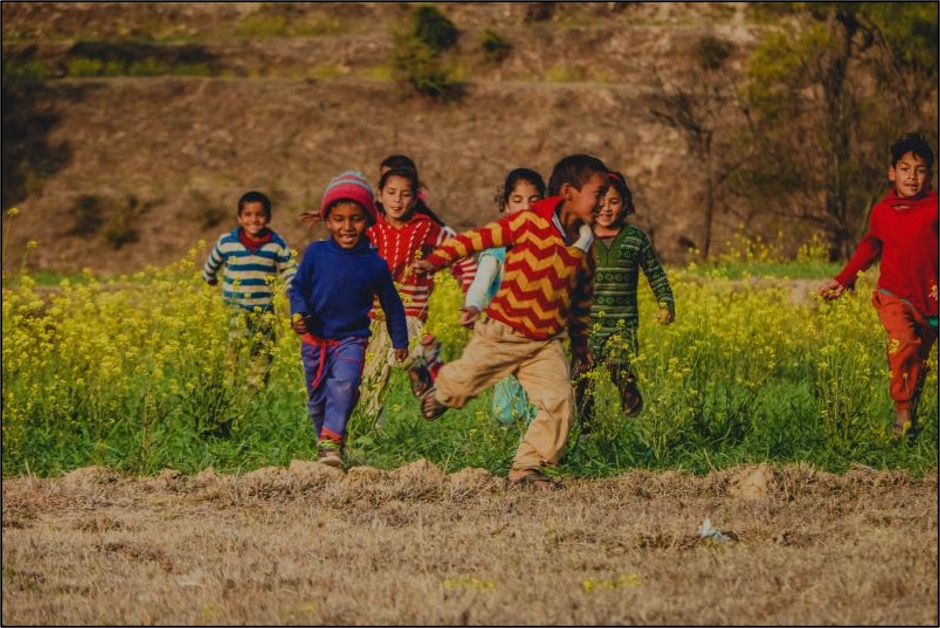 I sat in a room full of parents, educators, and specialists, all eager to understand how to empower all learners. The workshop, hosted by the OIS SSP Team, was designed to step into the world of neurodivergent learners—to feel what they feel, to move as they move, to process as they process.
I sat in a room full of parents, educators, and specialists, all eager to understand how to empower all learners. The workshop, hosted by the OIS SSP Team, was designed to step into the world of neurodivergent learners—to feel what they feel, to move as they move, to process as they process.
I shared my personal experiences as a neurodistinct individual, reflecting on the barriers I faced growing up in a world that was still learning to understand different ways of thinking. We explored executive functioning, sensory overwhelm, the weight of language—the dance between structure and autonomy.
It was important. Necessary. Meaningful.
But my mind—my AuDHD mind—kept circling back to play. Because beneath the strategies and well-intentioned adjustments, something more fundamental remains:
👉 Do we let children play in a way that truly belongs to them?
As an AuDHD play counsellor, I see it everywhere: play is packaged, controlled, supervised—turned into something measurable when it was never meant to be. Play is supposed to be wild, free, instinctive. A space where children exist, not perform.
Play as a Right, Not a Reward
This Wednesday is Global School Play Day, a reminder that:
- 💡 Play is not a luxury.
- 💡 Play is not a reward.
- 💡 Play is the important thing.
For neurodivergent children, play is often their first language—repetitive, soothing, patterned, yet unstructured. It’s sensory exploration, movement, and parallel existence.
Yet, we often misunderstand neurodivergent play:
- 🔹 The child spinning for 20 minutes isn’t “wasting time”—they are centering their body.
- 🔹 The one lining up cars isn’t “doing it wrong”—they are creating order.
- 🔹 The one scripting, repeating, echoing—they are telling a story in their own way.
Play doesn’t need fixing. It needs space.
Play Therapy: Where Play Becomes Healing
In play therapy, I don’t see play as an intervention—I see it as a conversation.
- 🔸 The child burying objects under sand? They may be hiding something they’re not ready to say out loud.
- 🔸 The one who builds only to knock it down? Maybe they’re showing how it feels to lose control.
- 🔸 The one who sorts and arranges? They might be seeking predictability in an unpredictable world.
When we step back, watch, and listen—not with our ears, but with understanding—we see that children have been telling us what they need all along.
We just have to let them play.
And maybe, just maybe, that’s where the healing begins.

